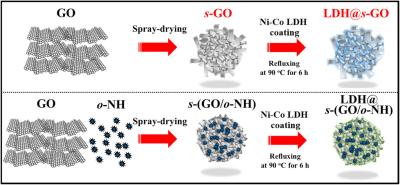HydroGraph Clean Power raises almost USD$3,200,000 through private placement
HydroGraph Clean Power has announced that it has closed a non-brokered private placement in which it has raised a sum of CAD$4,218,199.96 (almost USD$3,200,000).
HydroGraph will use the net proceeds of the fundraise to increase commercial scale production, continue to invest in business development teams, and develop and advance application partnerships. In particular, the proceeds will provide capital to complete the build out of the Company’s modular commercial production cell for fractal graphene, its flagship product, that will produce 1 gram per second. Expected to be complete by 4Q 2022, the difference in output will reportedly be orders of magnitude higher than current production. The funding will also initiate the development of the reactive graphene commercial production unit with a 200 kg per day capacity—compared to previously 2-4 kg per day—to be complete in 2023.


